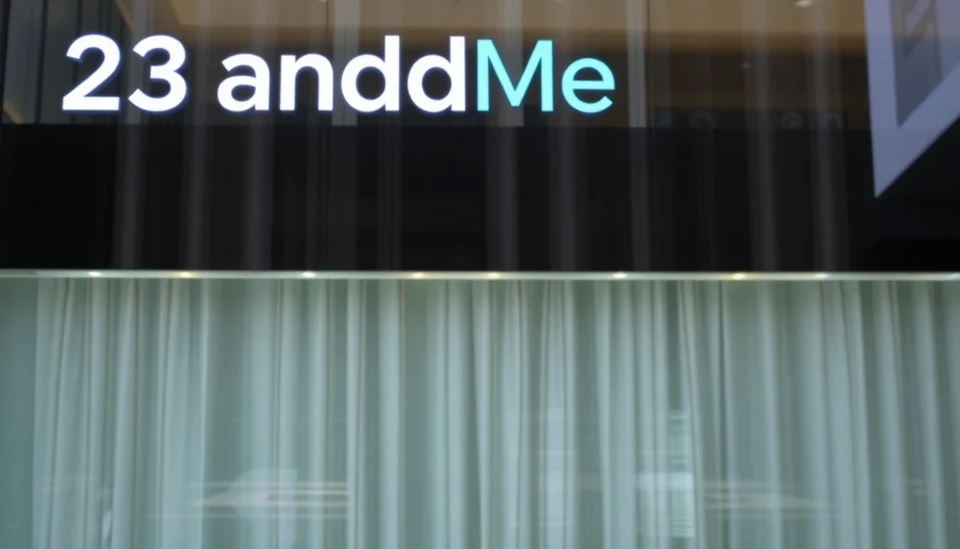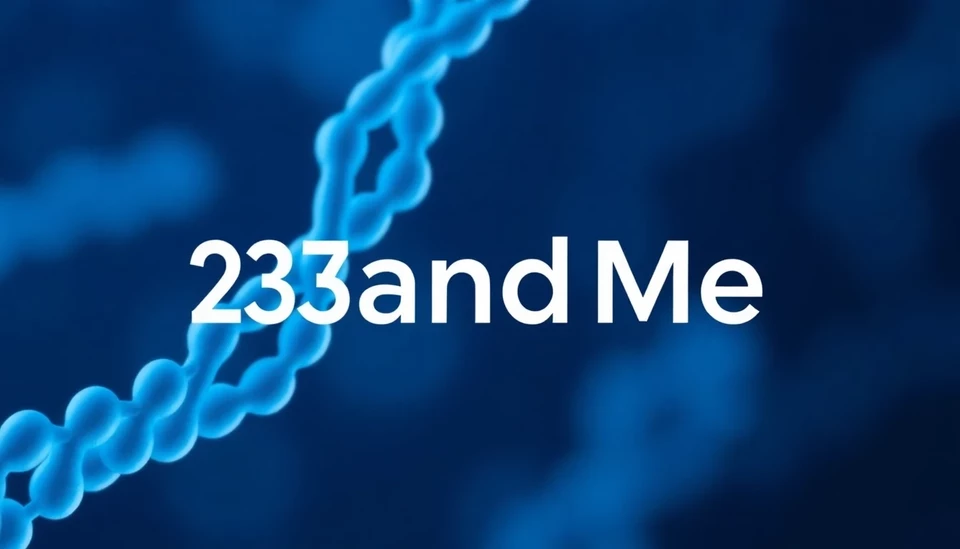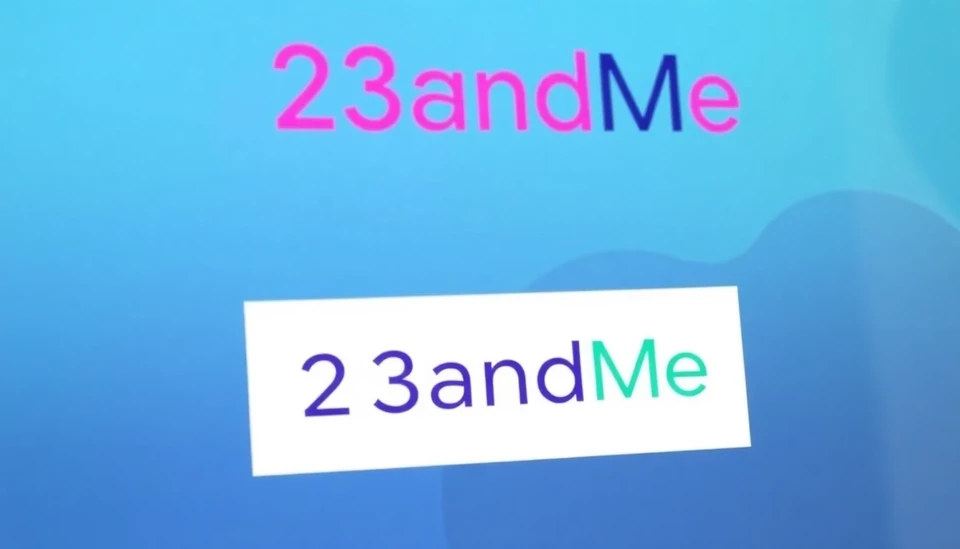
In a recent development, the troubled personal genomics company 23andMe has received approval to sell its DNA data, raising significant concerns among privacy advocates and stakeholders alike. This decision comes as the company navigates through bankruptcy proceedings, highlighting the precarious state of personal data ownership in the age of digital technology.
23andMe, which once promised to revolutionize individual health insights through genetic testing, has struggled financially, leading to its current Chapter 11 bankruptcy status. As part of its restructuring process, the company has sought to sell its assets, including the vast database of consumer DNA samples it has collected. The approval for this sale has sparked debates about the ethical implications and potential risks associated with the handling of sensitive genetic information.
Privacy experts have voiced strong apprehensions regarding the use of DNA data, particularly in the context of third-party purchasers. The fear is that this information could be utilized for purposes that may not align with the original intentions of consumers who provided their genetic data. Many individuals who used 23andMe expected their data would be used solely for personal health insights, not sold to unknown entities.
While the sale of this DNA data is positioned as a way to help 23andMe recover financially, consumer advocates argue that it poses a significant risk to individual privacy. The uncertain future of how the data might be used leads to great skepticism, especially in light of past controversies surrounding data privacy in the biotech industry. This scenario accentuates the increasing need for robust legislative measures to protect personal information, particularly genetic data, which is inherently more sensitive than typical consumer data.
As the market for genetic data continues to evolve, companies like 23andMe find themselves at the crossroads of innovation and ethical responsibility. The decision to proceed with the sale reflects the broader challenges within the industry, where the demand for genetic insights often clashes with the expectations of privacy and data security.
In a time where digital data misuse increasingly emerges as a concern, this development highlights an urgent need for stricter regulations that safeguard not only corporate interests but, importantly, individual privacy rights. The path forward remains uncertain, and stakeholders across the spectrum will need to remain vigilant as the implications of this sale unfold.
As the situation develops, consumers, investors, and regulatory bodies will be watching closely, concerned about the potential ramifications of the genetic data sale on personal privacy and the broader implications for the biotech industry.
In conclusion, 23andMe's approval to sell its DNA data amid its bankruptcy raises significant ethical and operational questions. As privacy continues to take center stage in discussions surrounding data use, it remains critical for both companies and individuals to navigate these complex issues with caution and foresight.
#23andMe #Genetics #PrivacyConcerns #DNAData #Bankruptcy #DataEthics #ConsumerRights #BiotechIndustry
Author: John Harris


